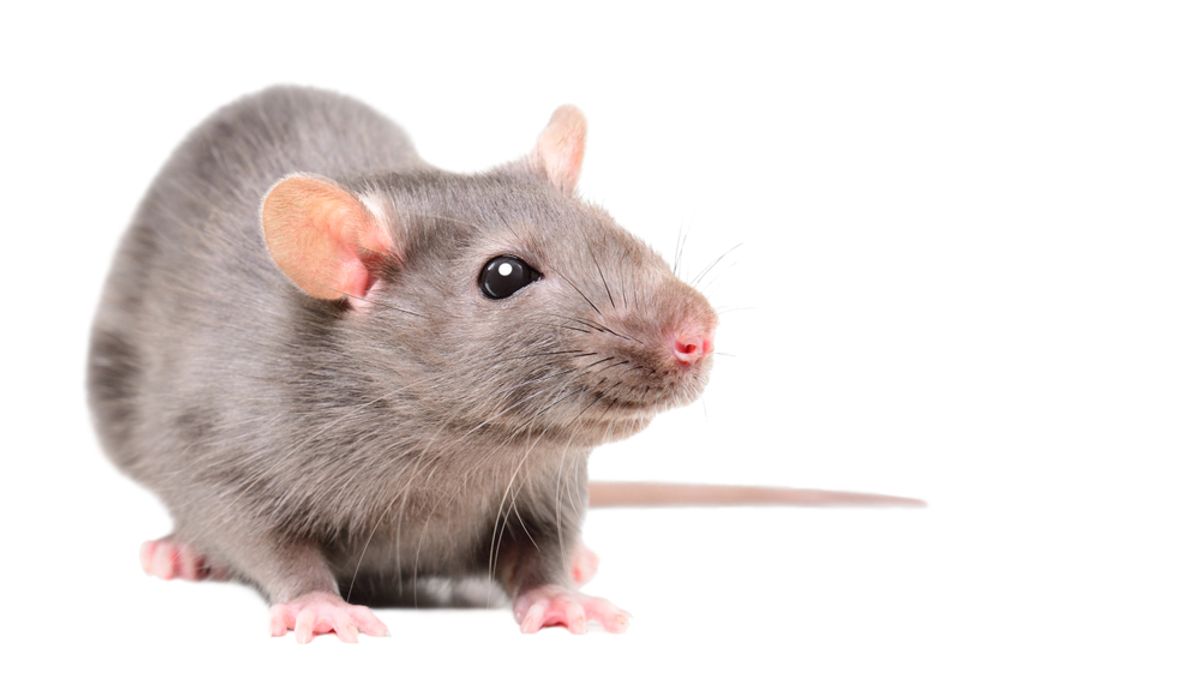
Rats love watching other rats get tickled, so much so that they start doing happy little jumps, according to a new study. When “observer” rats watch other “demonstrator” rats getting tickled, the observers do something called Freudensprünge (“joy jumps”), and regions of the brain light up when listening to the sounds the tickled rats are making. Essentially, contagious laughter in rats may actually be a thing.
Oh, and there’s a video.
Rats are adorable. From driving tiny little cars to relax to bopping their head to the beat or playing hide-and-seek, rats seem to be capable of social interactions far beyond our expectations, and they form the perfect test beds to understand the regions of the brain involved. Our understanding has led to significant changes in how we treat rats, with research showing they may have feelings akin to empathy and mistreatment of peers within the lab could impact them.
Luckily, though, we are here today to learn all about how much rats love seeing their mates get tickled.
Tickling is one of our best windows into how we understand empathy, with the ability to “share” others’ emotions becoming very apparent when it happens. Spontaneous laughter can be contagious in people that can emphasize with the victim, while others that lack empathy can struggle to feel the same.
Rodent empathy research has seen enormous strides in recent years and the researchers of this paper wish to focus on a happier subject, compared to previous research that tends to focus on negative emotions. To do so, the team looked at a basic form of empathy called “primal empathy”, which is thought to originate in specific areas of the brain.
The team set up a tiny room in which observer rats would watch demonstrator rats being tickled, either by “air tickling” or the person directly tickling the rats with their hands, as well as being tickled themselves. The rats were also subject to the noises made by a tickled friend, to see if they reacted to that too. The entire time, electrodes in the brain recorded neuronal activity in the regions of interest.
In both the video and live tickling demonstrations, activity within the deep layers of the trunk somatosensory neurons was recorded, but only in the live demonstrations did the rats start jumping for joy. The trunk somatosensory cortex seemed to discharge when the rats made happy noises, suggesting this brain region is directly involved in contagious laughter and empathy for tickled peers.
The results showed that contagious laughter and playfulness may often require being in person (or in rat) to really have the full effect and that the trunk somatosensory cortex may be involved in this primitive form of empathy. This may not be limited to rats, as a variety of other animals also display happy jumping.
Now, the researchers hope to continue looking at happy emotions within animals, which is a marked improvement over scaring them.
The research was published in the journal iScience.
Source Link: Rats Do Little Happy Jumps When Watching Another Rat Get Tickled